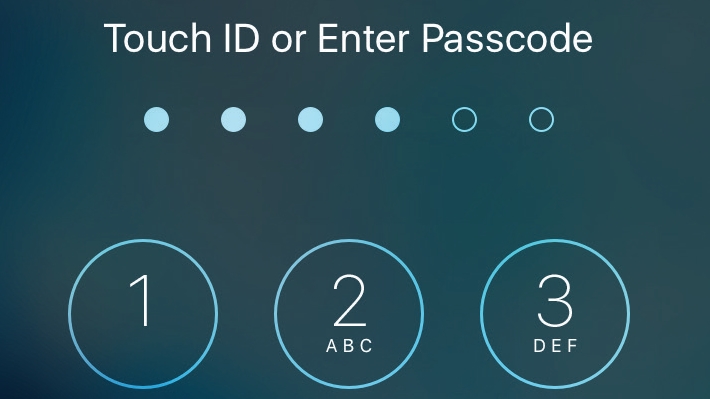As Apple questions FBI's hacking methods, list of unlock cases grow
The FBI has a secret that Apple wants to know

Just a few days after the FBI revealed that it had found a way to unlock the iPhone at the center of the San Bernardino shooting case without Apple's help - thus vacating the court order that caused most of Silicon Valley to side with Apple - it has agreed to help unlock another iPhone and iPod in a different case.
The FBI agreed on Wednesday afternoon to a request from the prosecuting attorney in an Arkansas homicide case to help assist in unlocking the two Apple devices belonging to the accused, according to the Associated Press.
Authorities did not revealed whether the iPhone in the Arkansas case are the same model as the San Bernardino iPhone, or whether the FBI will use the same method to try to get into the devices.
Still, the news that the FBI is assisting in unlocking iPhones for a different case comes at an interesting time for Apple.
Apple's attorneys have begun to research how it can legally compel the FBI to reveal the unlocking method it has found, according to the LA Times, presumably so that it can plug the vulnerability being exploited by the method and thus protecting phones from this method in the future.
It's unlikely Apple will be able to find a legal way to push the FBI to reveal its secret, according to Reuters. And if it does, the FBI will more than likely fight Apple in the courts over it.
The FBI had originally said that if Apple complied with the San Bernardino court order by developing a method (a backdoor, as Apple claimed) that would allow authorities to access the iPhone, it "is about one specific case" and would not be used again. Obviously, as it didn't receive Apple's help, this may no longer apply.
Get daily insight, inspiration and deals in your inbox
Sign up for breaking news, reviews, opinion, top tech deals, and more.
After all, there are a number of cases around the U.S. that involves unlocking a phone that the FBI might now be able to assist in without needing a court order demanding Apple's help.
To give you an idea of such cases, the American Civil Liberties Union helpfully mapped all the cases that involved the government applying for a court order using the 1789 All Writs Act (the same one used for the court order involving the San Bernardino iPhone) to compel Apple or Google to provide assistance in accessing data stored on a mobile device.
There were 63 cases in total to date since 2008.